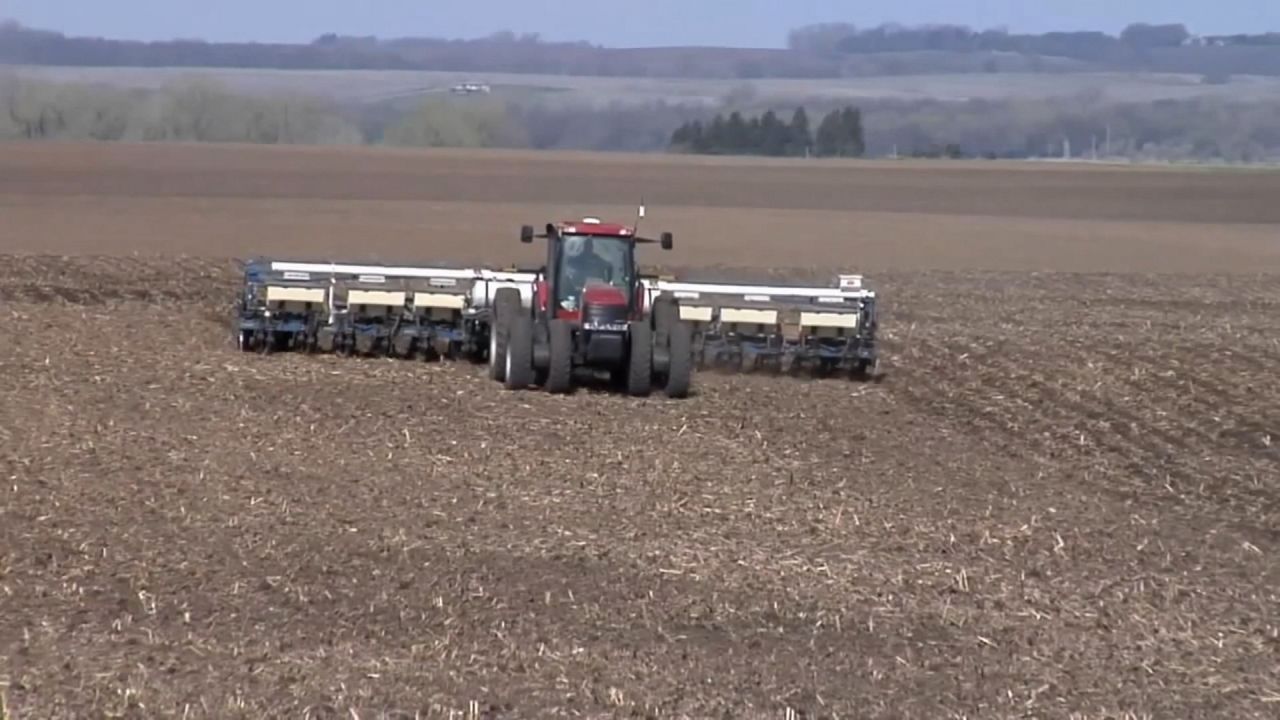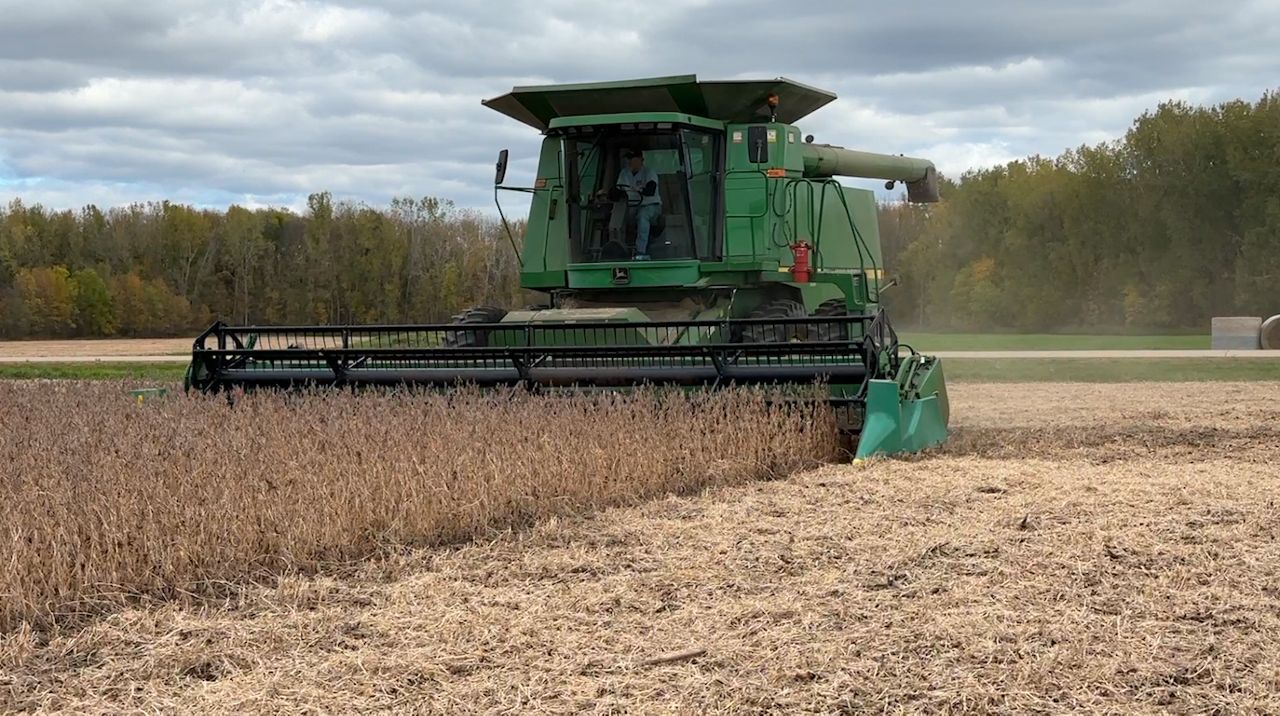COLUMBUS, Ohio — A new farm bill was expected last year, but the legislation, and the hundreds of billions of dollars connected to it, continue to be delayed.
"[There's] definitely concern about getting it passed swiftly," agriculture expert Andy Vance said.
The legislation supports farmers through safety net programs, farm loans, conservation programs, and disaster assistance. The programs support consumers through a variety of nutrition programs as well.
"Some estimates suggest it could top $1.5 trillion with a 'T' dollars this go round. And there are a lot of different constituencies who play a role here from farmers' groups like Farm Bureau and other agriculture organizations, but most of the bill isn't what you would think of when you think about commodity title, row crop, livestock, nuts and bolts agriculture," Vance said.
Much of the bill accounts for nutrition assistance.
"You have a whole variety of folks who are interested in just the nutrition titles of the program. You have folks who are worried about conservation. Some of our environmental organizations have an interest in this [next] Farm Bill, so we call it a Farm Bill, but it's a much broader, diverse set of constituencies and coalitions that get together to hash this out," he said.
Vance said there are also political ramifications to consider.
"Because when you start talking about a bill that's that massive, you have the typical right and the left bickering back and forth over maybe [ideas], and by the way, it's an election year," he said.
Ty Higgins, senior director of Communications and Media Relations for Ohio Farm Bureau, said progress is being made.
"We're actually hoping to get a new Farm Bill introduced sometime here in the first quarter of this year and hopefully get something done before the election and before especially that Farm Bill expires at the end of September," he said.
The latest Farm Bill was passed in 2018. The legislation is typically passed every five years.
"I think what many farmers new or veteran farmers need to understand is that 2018 was a long time ago," Higgins said. "As far as agriculture is concerned. A lot of things have happened since the 2018 Farm Bill was enacted. You talk about the pandemic, of course, record high inflation, supply cost increases, global unrest. There's a lot of good reasons to get an updated Farm Bill through [and] the sooner the better," Higgins said.
If you have an idea for the Ag Report, a question for Chuck and Andy or you'd like to send a photo of your farm and the work you do, send an email to charles.ringwalt@charter.com. You can also follow Chuck on Facebook.










